
Careers after CAHNR
Where Purpose Meets Possibility
A degree from UConn’s College of Agriculture, Health and Natural Resources (CAHNR) opens the door to a future full of impact, opportunity, and personal fulfillment. Our graduates are leaders in fields that touch every part of life, from the food we eat and the air we breathe to the future of medical innovation and the sustainability of the landscapes that surround us.
Career Pathways by Department
CAHNR programs not only prepare students for great jobs, they build the foundation for graduate and professional school, leadership roles, and lifelong learning.
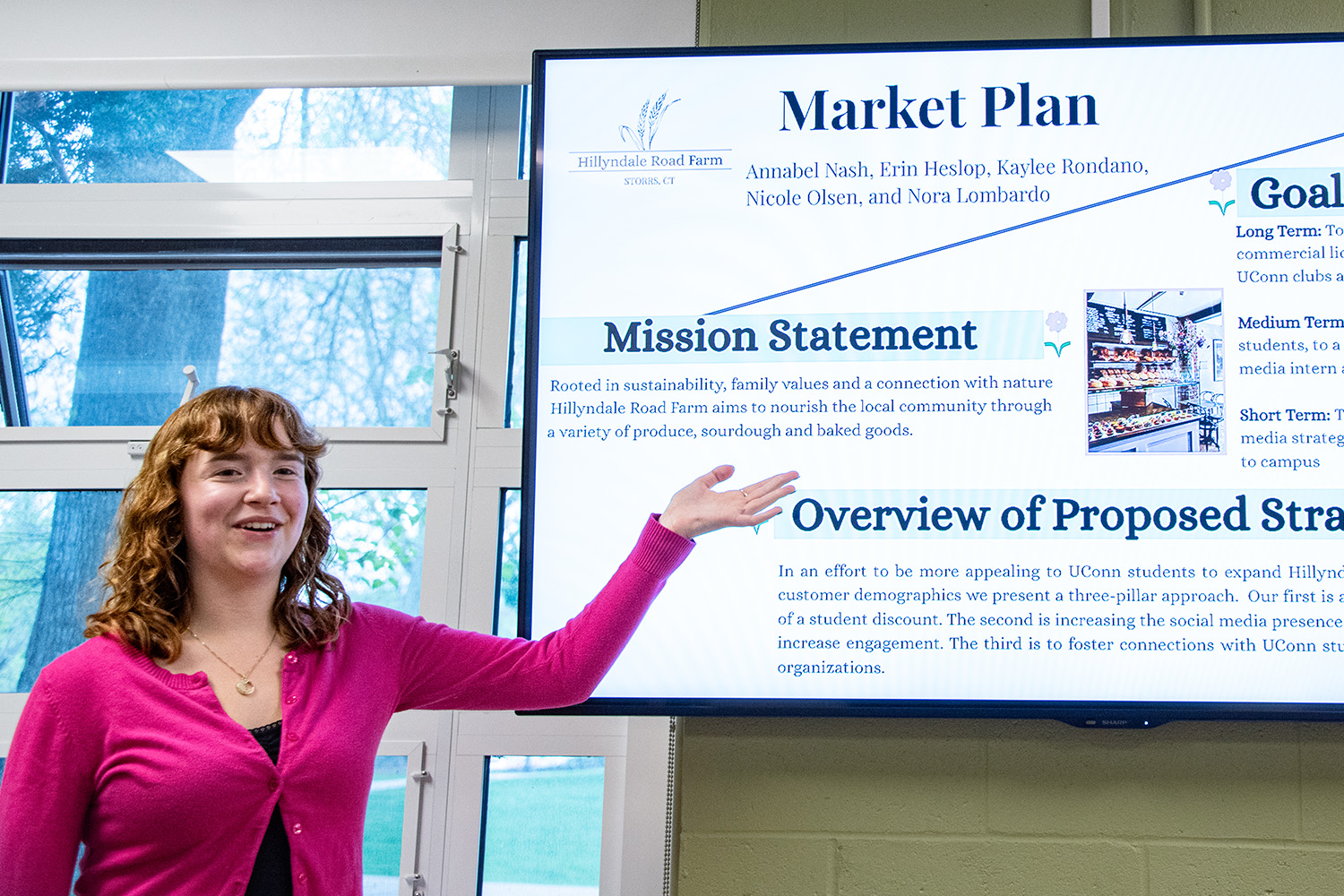
Agricultural and Resource Economics
Launch a career in environmental policy, agribusiness, sustainability consulting, international development, or data analytics. Graduates work in government, finance, nonprofits, and consulting, or continue on to advanced study in economics, law, or public policy.
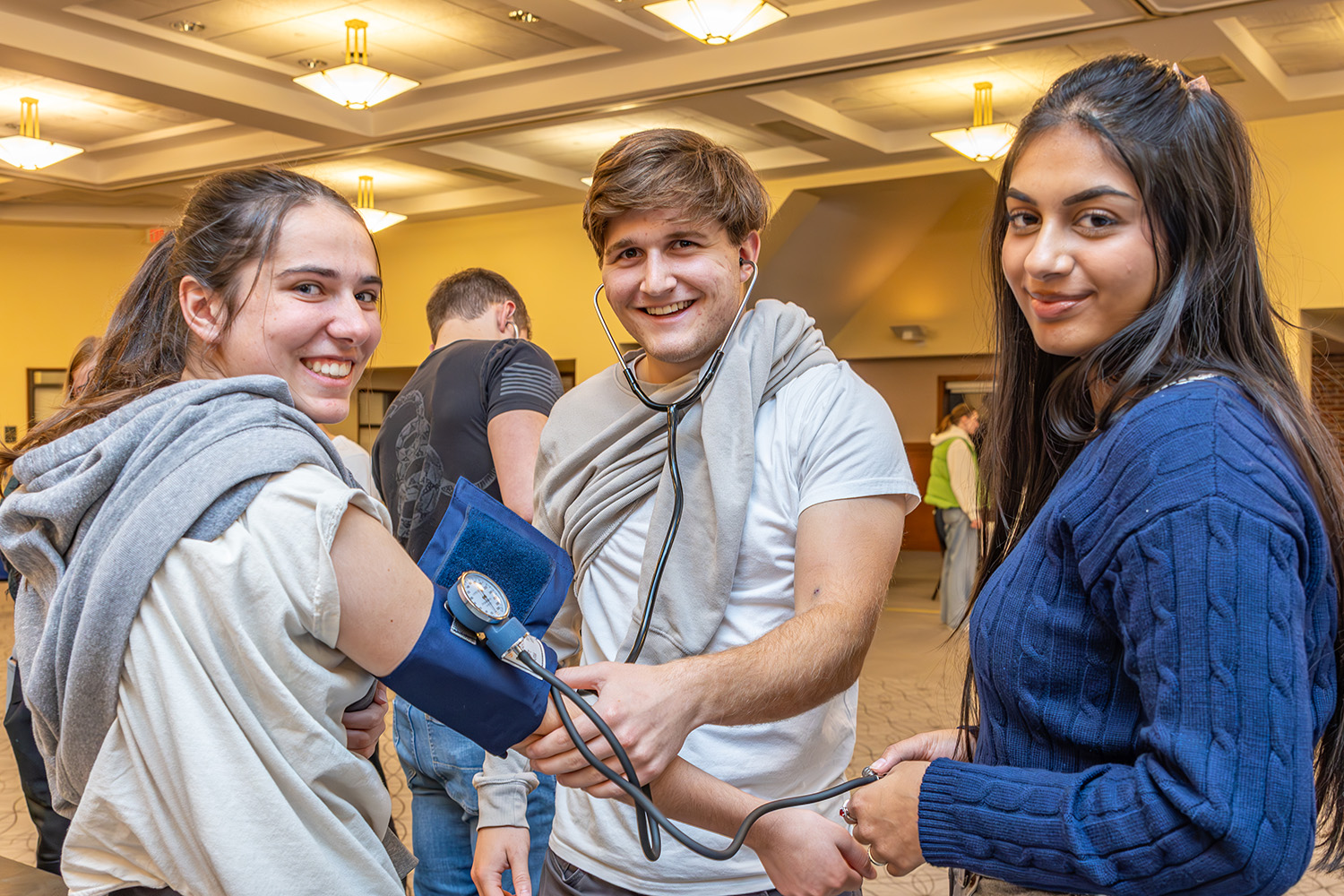
Allied Health Sciences
Prepare for careers in health promotion, dietetics, nutrition, public health, and health care administration. Many students pursue advanced clinical training, graduate degrees, or professional school pathways in medicine, nursing, or allied health.
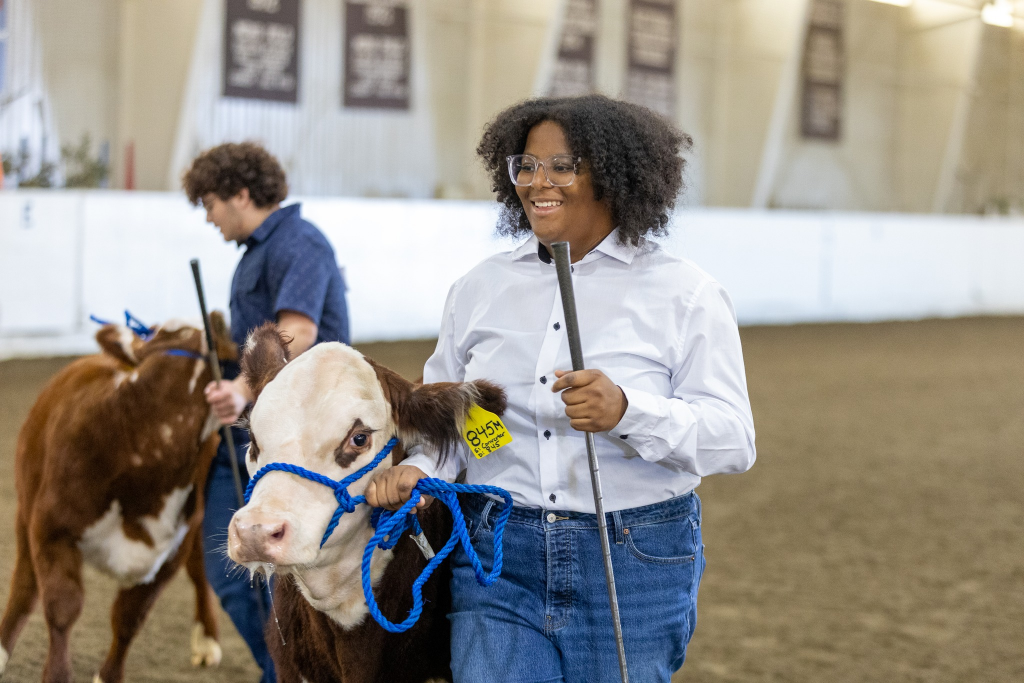
Animal Science
Enter high-demand careers in veterinary medicine, equine science and management, animal nutrition, biotechnology, or livestock management. Alumni work in veterinary clinics, the equine industry, research labs, and agriculture, as well as veterinary school or other graduate studies.
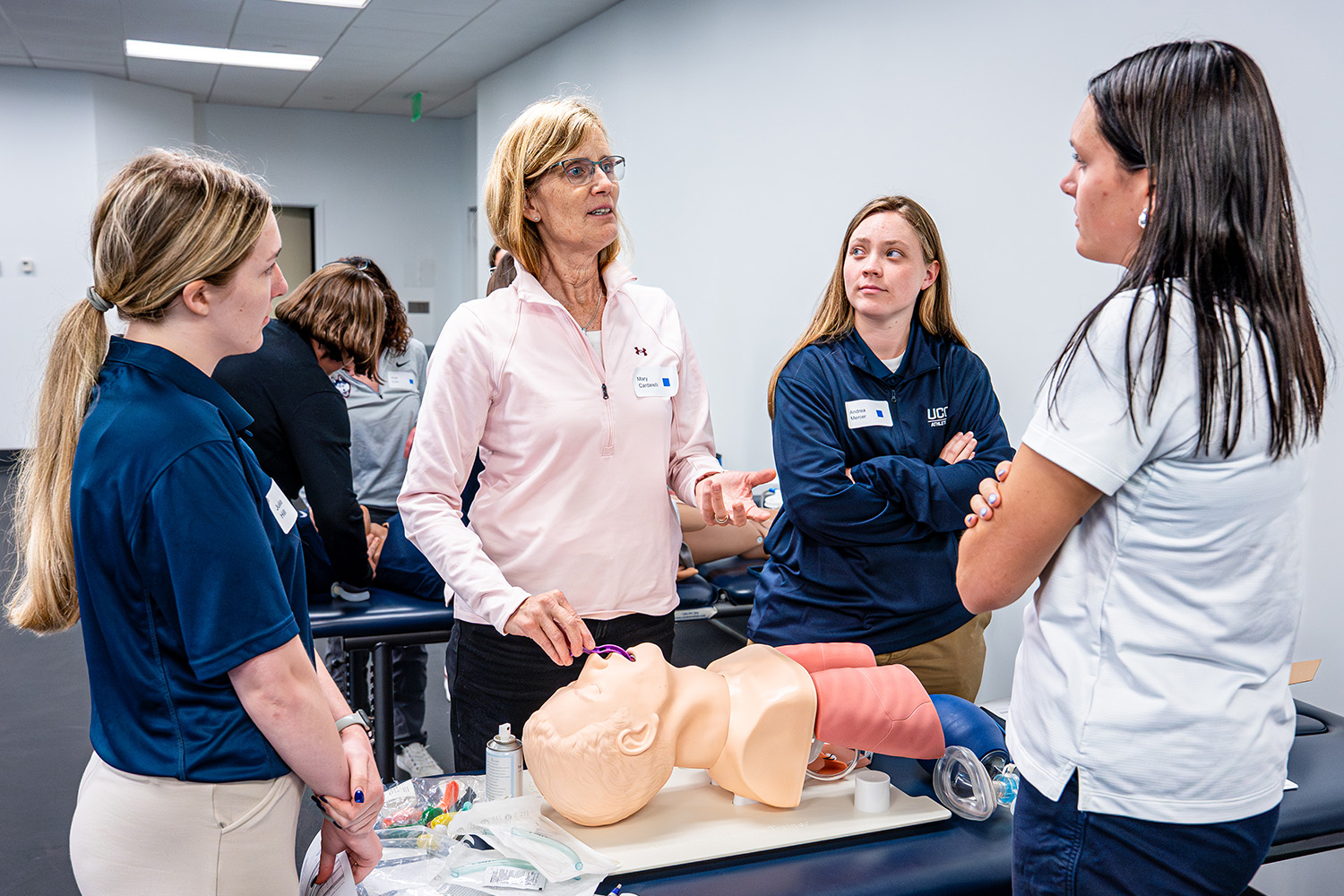
Kinesiology
Build a future in athletic training, physical therapy, exercise science, or sports management. Graduates work in health care, education, and sports organizations, and they are well-prepared for graduate or professional degrees in physical therapy, occupational therapy, or kinesiology.
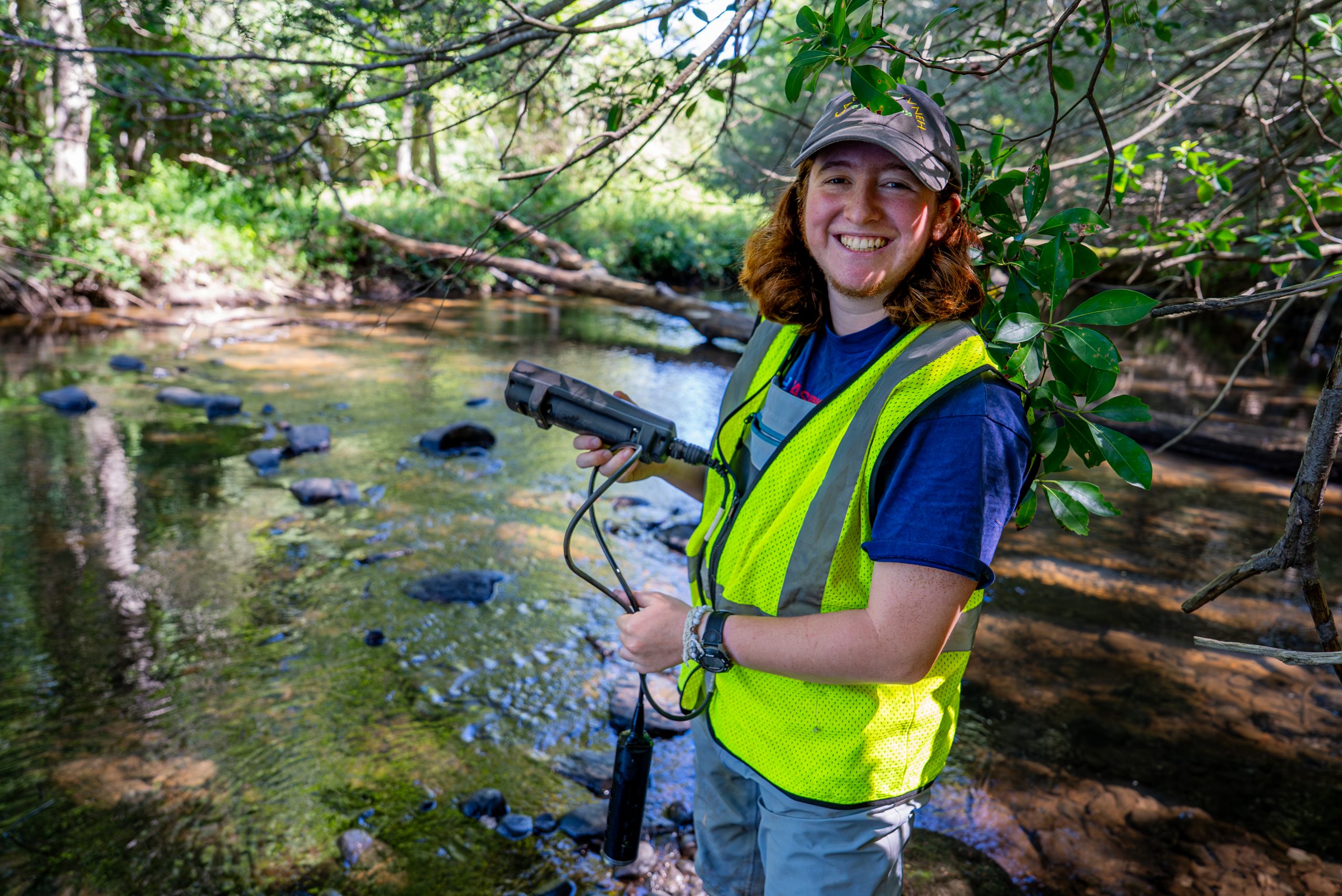
Natural Resources and the Environment
Make a difference through careers in forestry, wildlife conservation, environmental law, water resource management, and sustainability. Alumni lead in government agencies, conservation organizations, and environmental firms, and many continue their studies in graduate school.
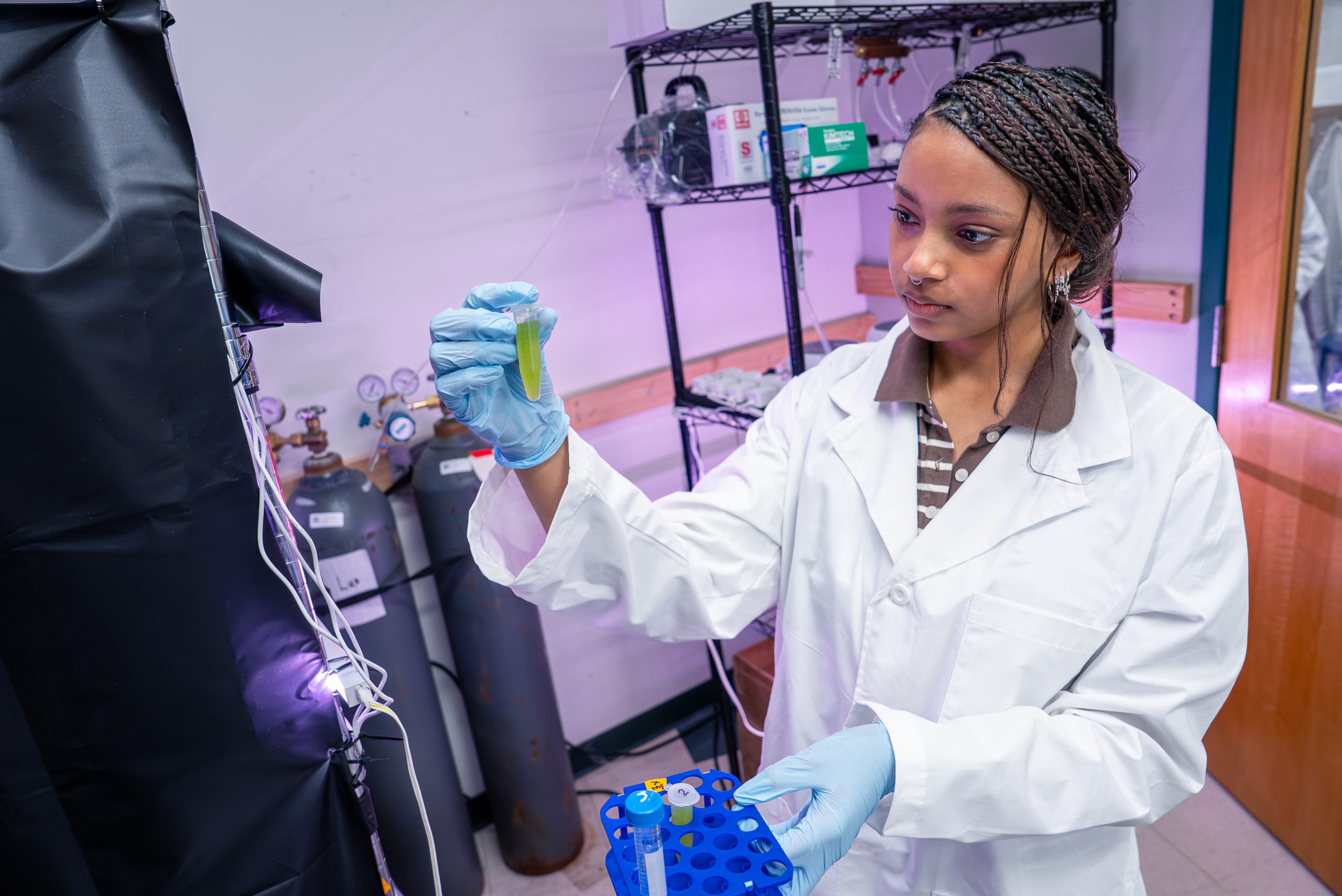
Nutritional Sciences
Work at the intersection of food, health, and science. Graduates become dietitians, researchers, educators, and policy advisors. Many pursue advanced training in dietetics, public health, clinical nutrition, or biomedical research.
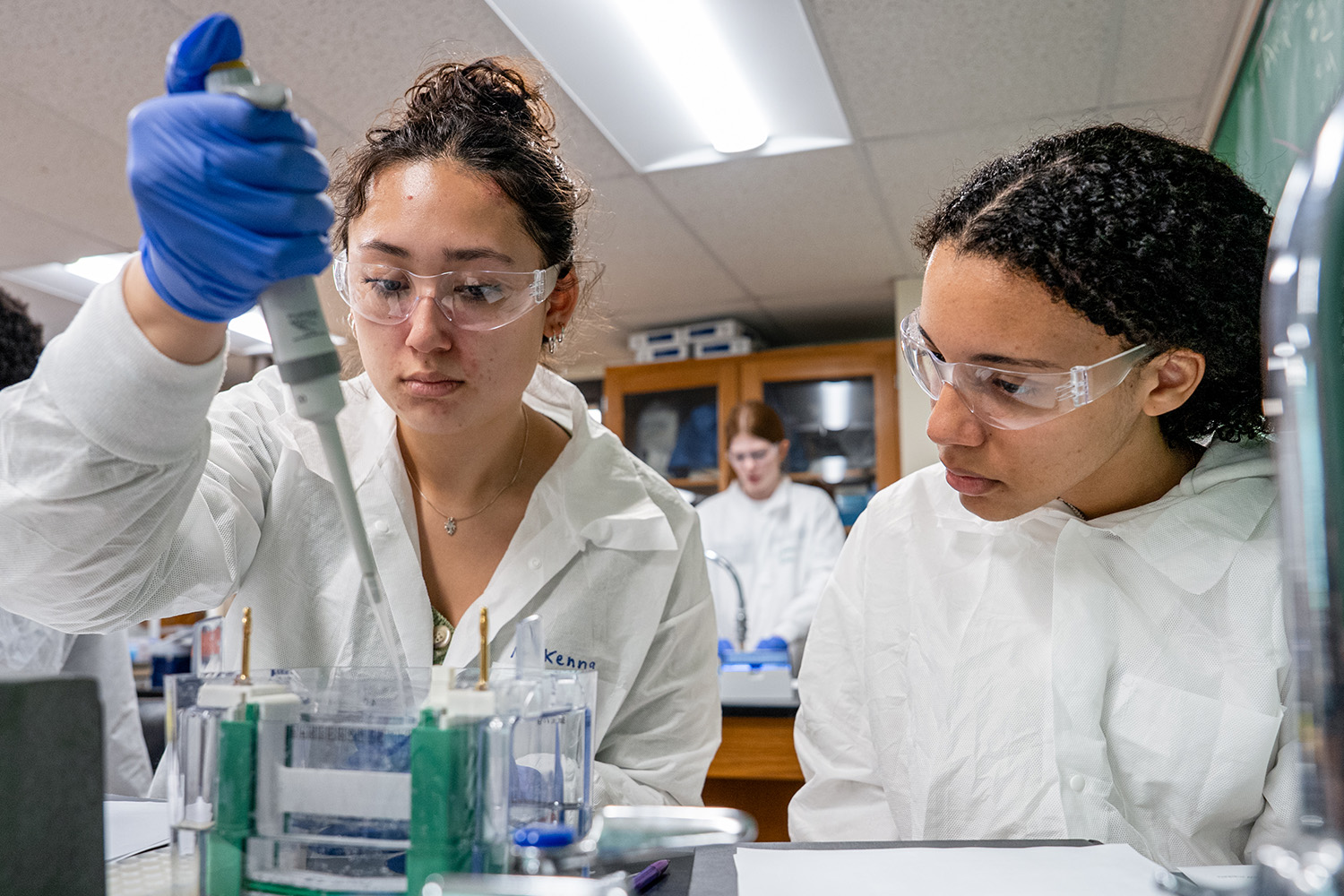
Pathobiology and Veterinary Science
Explore careers in biomedical research, diagnostics, infectious disease, or public health. Graduates often move on to professional programs in medicine, dentistry, veterinary medicine, or doctoral research programs.

Plant Science and Landscape Architecture
Design sustainable landscapes, manage turf and crops, or innovate in plant genetics, horticulture, and agriculture. Graduates become landscape architects, growers, scientists, and sustainability professionals, and many go on to graduate school in plant science, design, or agriculture-related fields.
